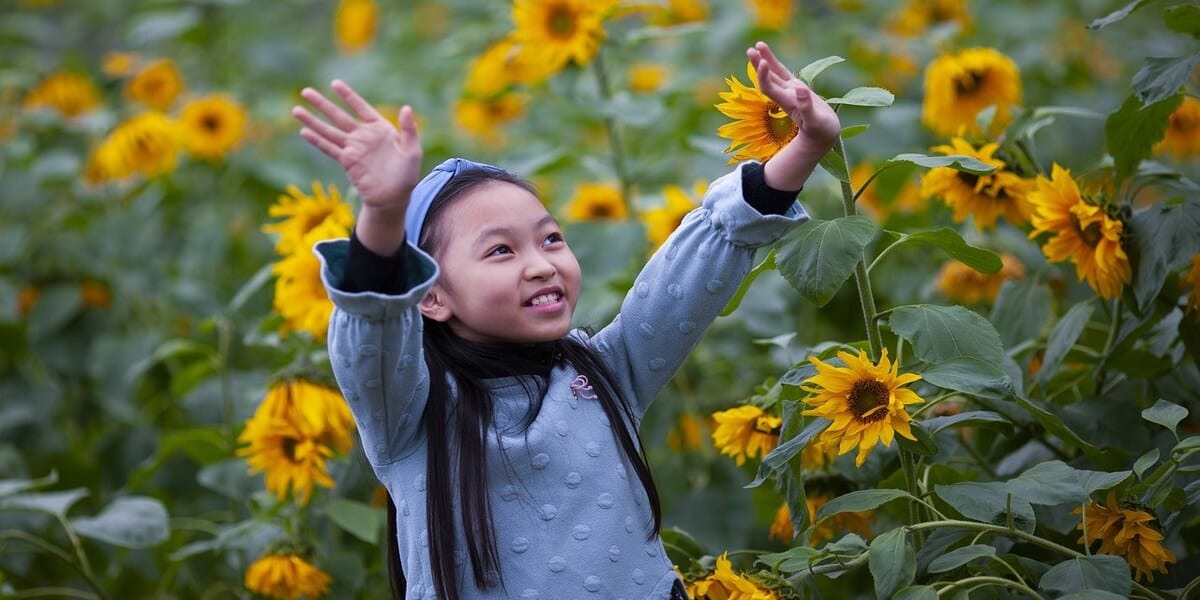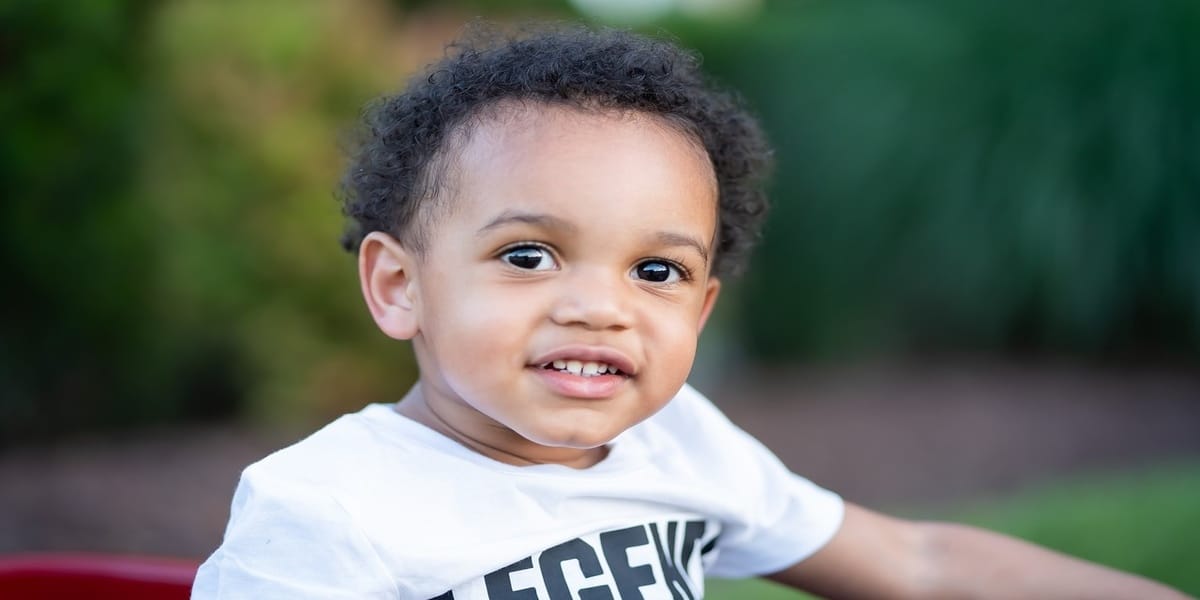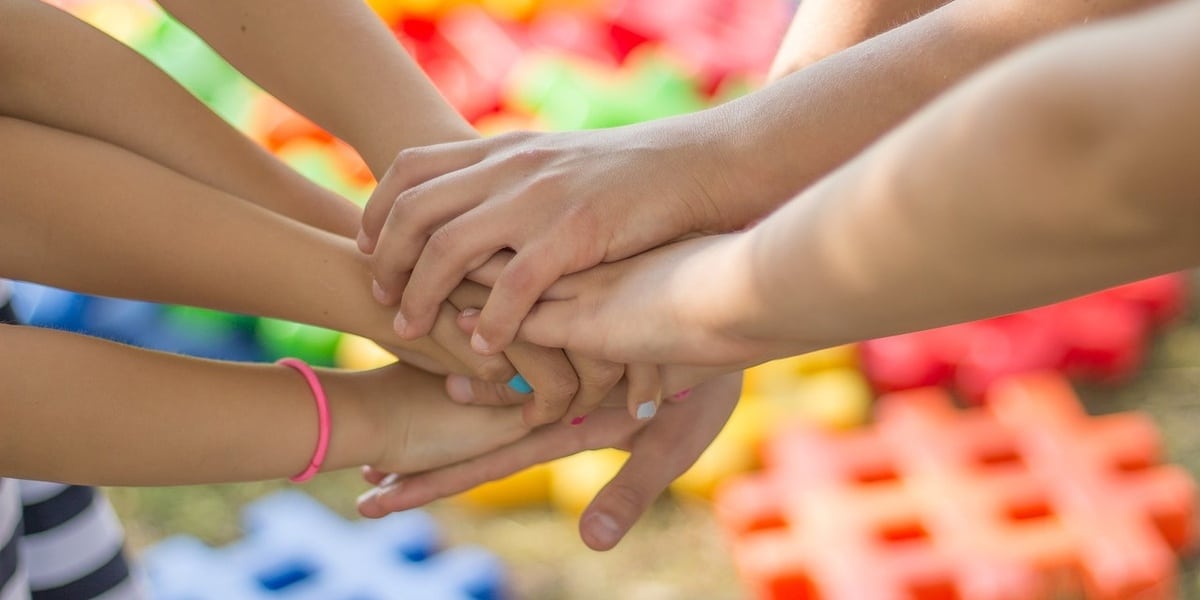Divorce is a heavy topic that affects children differently at various ages. Knowing how various age groups respond to divorce can assist parents in working through this challenging time and also offer them guidance on how to best support their children. In this article, we explore the worst age for divorce for children and the mental and emotional outcomes at different stages, as well as techniques to lessen the impact.
The Impact of Divorce on Children: What You Need to Know
Divorce is a lot more than a legal document; it is a disruptive event in a child’s life that impacts their emotional, psychological and social well-being. They may have difficulty trusting others, experience low self-worth, and have difficulty building healthy relationships as an adult. Although all children can be affected at a different level during a divorce, some specific age groups are more at risk than others. Let’s learn how does divorce affect children of different ages.
What is the Worst Age for Divorce for children?
The Worst Age is from 6 to 12
Many studies have indicated that 6–12 years of age tends to be the most difficult stage for the children of divorced parents. This age group is made up of children who are usually in elementary school and have more awareness of social situations and interpersonal interactions. They are old enough to remember what the family was like before the divorce, and that can increase feelings of loss and confusion.
Key Factors
- Cognitive Development: Between the ages of 6 and 12, young children are starting to understand more advanced emotional ideas. They recognize that their parents are not together but wonder what it is that went wrong.
- Social Awareness: Peer relationships are very important at this stage. Due to social stigma, children may withdraw or bully others, feeling embarrassed or ashamed of their family life.
- Feelings: They usually have difficulty conveying their emotions properly. They might become more aggressive or more depressed while they process their emotions about the divorce.
Signs of Distress
Children may display various symptoms during this period, including:
- Increased anxiety or sadness
- Difficulty concentrating in school
- Changes in behavior, such as aggression or withdrawal
- Confusion about loyalty to one parent over another
Ages 3-5: The Innocent Yet Confused Stage
The emotional impact of divorce on younger children aged 3 to 5 years is also considerable but in a different way. At this age, they are not yet fully aware of relationships, feelings, and emotions. Kids may not understand what divorce is all about, but they do feel changes in their surroundings.
Key Factors
- Parental dependency: Young children depend upon their parents for stability and security. When this bond is disrupted, it may cause anxiety.
- Less Understanding: It’s natural for kids to view everything through their own lens, so they might think they caused the divorce.
Signs of Distress
Some common preschooler reactions include:
- A greater neediness or anxiety from being separated.
- Night terrors or sleep problems.
- Regression of behaviors (e.g., potty training).
- More tantrums or emotional outbursts.
Teens 13-18: The Rough Teenage Years
Dealing with parental divorce for 13 to 18-year-olds can be quite daunting. During this development stage, children seek independence and self-identity and, therefore, are especially vulnerable to what is happening with family.
Key Factors
- The Need for Autonomy: Teenage children are already testing the boundaries with parental control, and that is a whole other challenge within a divorce.
- Peer Pressure: The teenage years are a crucial time for friendship, and teens may be worried they will face peer pressure to fit in with their friends’ thoughts on family dynamics.
Signs of Distress
Teenagers may exhibit:
- Anger towards one or both parents.
- Substance abuse and other high-risk behaviors.
- Withdrawal from family activities or relationships.
- Guilt or shame about the family situation.
Children of divorce: The long-lasting effects
The effects of divorce can reach far into the kids’ adult lives. Studies suggest that grownups whose parents divorced when they were young may later have difficulty relating to others in their own romantic relationships. Long-term impacts can include:
- Higher Likelihood of Divorce: Adults from divorced parents tend to be at a higher risk of marital breakdowns.
- More mental health problems: Increased levels of anxiety, depression, and low self-esteem have been reported by those who experienced parental separation.
- Problematic Relationships: People may find it hard to trust or be unusually afraid of committing to a relationship because of issues they may have had during their childhood.
The Role of Family Dynamics
Parental Conflict
One critical factor influencing how children cope with divorce is the level of conflict between parents. High levels of hostility can exacerbate children’s distress and lead to feelings of insecurity. Conversely, cooperative co-parenting can mitigate some negative outcomes associated with divorce.
Parenting Styles Post-Divorce
The parenting styles adopted by each parent after separation can significantly affect children’s adjustment. Authoritative parenting—characterized by warmth, structure, and open communication—tends to produce better outcomes than authoritarian or neglectful styles.
Sibling Relationships
One cannot forget that siblings provide moral support in times of need. Keeping siblings together can allow children to deal with the emotional fallout of a divorce. As they grow into adulthood, parents work to foster these relationships, from the time they spend together to the ability to communicate with each other openly about their feelings.
Cultural Considerations
The culture surrounding divorce will also affect children. In certain cultures, divorce is stigmatized, which only escalates the level of shame that the child feels. Understanding cultural approaches to divorce can help parents in giving basic coping strategies that suit their children’s needs.
Socioeconomic Factors
Keep in mind that children also need economic stability after a divorce. In other words, families who may already be struggling financially face additional stressors related to housing instability, access to education, and overall quality of life —all taking a much bigger toll by adding stress to what is already an emotional event.
How to Help Your Children Through Divorce
By identifying potential obstacles that children may face at different ages, parents can prepare themselves with preventive measures to help kids overcome this difficult transition. Here are several strategies:
Open Communication
Encouraging open discussion about emotions around the divorce can be really beneficial for children processing their emotions. Parents must develop an environment where children can freely express themselves without fearing being judged.
Consistency and Routine
Providing a sense of constancy during this time can be crucial for your children, and keeping things consistent will offer stability when everything around them is changing with divorce. Set a schedule for meals, homework, and bed to give children a sense of stability.
Professional Support
Parent and child psychologists or counselors who specialize in family dynamics can also help. Experts can help all family members equally because they can guide them on what they need to do and how they should handle complex emotions.
Co-parenting Cooperation
We all know that co-parenting is important through a divorce. If parents are communicating respectfully about parenting decisions, they should be able to avoid putting children in the middle of conflicts.
Focus on Emotional Well-being
Encourage self-expression through all the mediums—Art, sports, music—whatever their thing is, and surround them with family and friends who are supportive and understanding of the situation.
Creating a Supportive Environment
Building Resilience
Parents can help build resilience in their children by teaching coping skills that empower them to manage stress effectively. Strategies might include mindfulness practices, problem-solving techniques, and encouraging positive self-talk.
Engaging Extended Family
Involving extended family members—such as grandparents, aunts, uncles, or close family friends—can provide additional layers of support for children during this transition. These figures often offer stability and love while reinforcing family bonds despite changes in structure.
Facilitating Conversation about Emotions
Checking in regularly with children about how they are feeling about the divorce normalizes discussion about emotions. Doing so creates an environment for the children to talk about hard things without fear or shame.
The worst age for divorce for children: Takeaways
There’s no easy answer to when the “worst age for divorce for children”. Still, research does show that children from 6 to 12 years old tend to struggle more during separation and divorce, thanks in large part to wildly fast-moving cognitive and emotional skills. Younger children (ages 3-5) show confusion and dependence issues, while adolescents (ages 13-18) suffering an identity crisis in the face of familial changes.
So, while divorce may have a substantial impact on children’s emotional health at any age, positive countermeasures taken by parents may alleviate many negative outcomes:
- Ensure open communication.
- Keep things stable through usual routines.
- Seek professional help where necessary.
- Work together as co-parents and maintain emotional health.
- Help family members build resilience with supportive environments.
- Involve extended family for support.
- And encourage your kids to express their feelings.
This way, families have a lot better time adjusting to what is not an easy transition.
What Is No-Fault Divorce? Understand the process and its implications. Also, follow us on Facebook to receive the latest alerts.
Sources:
- www.helpguide.org/family/parenting/children-and-divorce
- www.healthline.com/health/childrens-health/worst-age-for-divorce-for-children
- www.pmc.ncbi.nlm.nih.gov/articles/PMC6559749/
All images from pixabay.com

Smart Divorce Network is a blogger-based community that gives divorce professionals a unique platform to share insights and knowledge. Smart Divorce Network is the leading destination for smart divorce discussions between peers. You can share your thought and/or your articles here.









